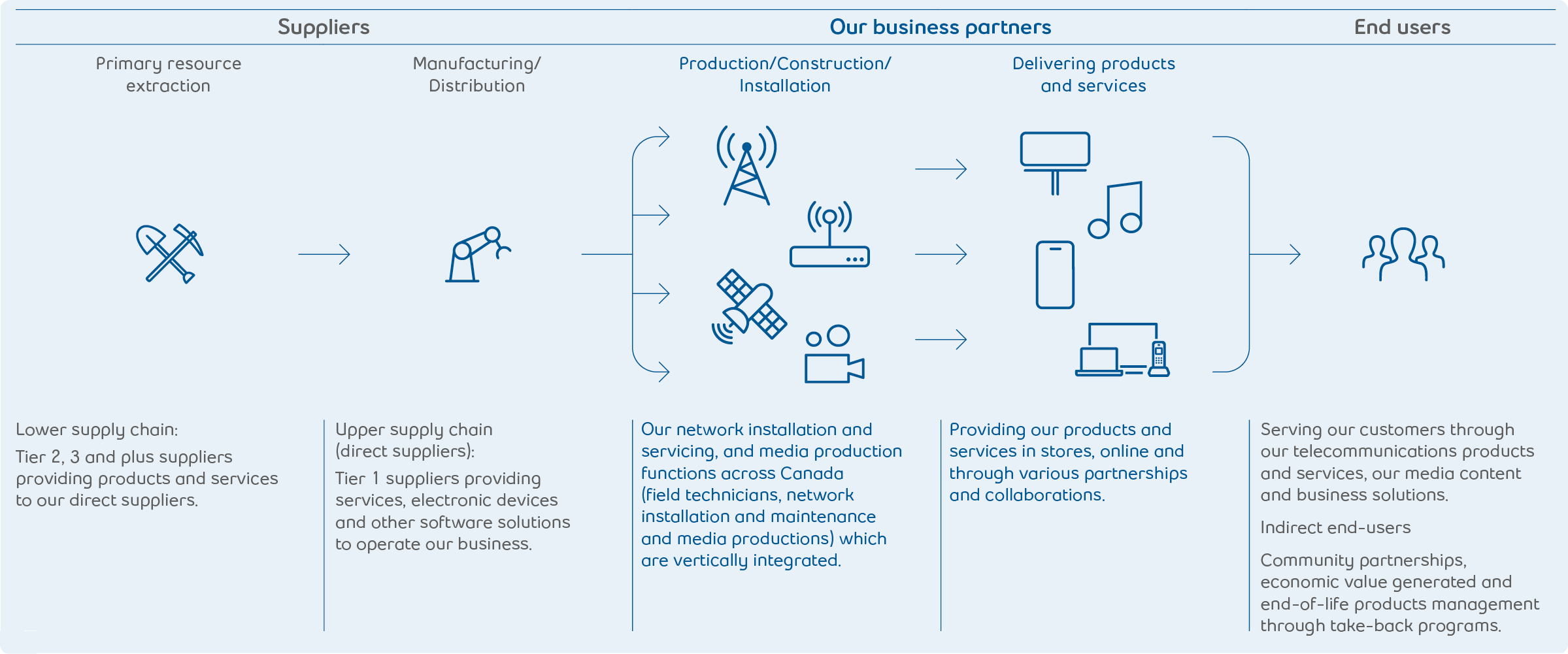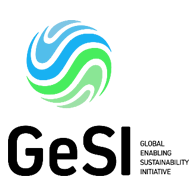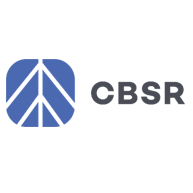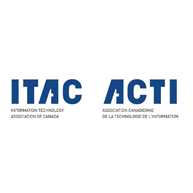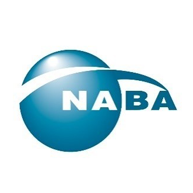Corporate responsibility governance
In preparing this webpage, we have considered the information available until March 6, 2025.
This webpage serves as complementary information to our 2024 Integrated annual report and offers insights into initiatives to support youth and the community, our support to reconciliation with indigenous people and communities and how we support our employees. For impact stories about our environmental initiatives, visit our Bell for Better website.
Identifying our significant issues
By understanding our corporate responsibility priorities through our stakeholders’ lenses, we inform how we develop our corporate strategy, invest our resources and report on our business and corporate responsibility efforts.
Identifying corporate responsibility topics across our value chain issues
Having a clear view of a company’s entire value chain is increasingly important in responsible business practice. At Bell, we seek to continually expand and simultaneously deepen our knowledge of the people and issues in our value chain. While our operations and influence are primarily based in Canada, we join industry peers and companies from other industries in global working groups.
The telecommunications and media industry is the foundation of societal and economic information sharing and commerce. In this increasingly important, growing, and evolving industry, Bell is an important provider of the infrastructure essential to enable high quality and accessible services for Canadians across the country. Accordingly, we believe that we have a responsibility to manage key corporate responsibility issues strategically.
Bell’s value chain
Our vertically integrated structure may affect the magnitude of our impact on ESG metrics which must be taken into account when comparing with other peers and industries. The benefits of vertically integrated functions include allowing us to control, influence and integrate sustainability practices across various lines of our business.
Stakeholder engagement
Stakeholder engagement is a process organizations follow in order to determine what their stakeholders expect of them. It entails assessing, mapping and prioritizing stakeholders and their interests to determine how to respond, and what to communicate to them.
Bell strives to continually improve its responsiveness to stakeholder interests, including through its corporate responsibility goals. We engage with stakeholders about corporate responsibility issues that are most important to them and the topics that they have identified as priority. By collaborating with stakeholders, we can leverage their expertise, insights and influence to improve our performance and address relevant issues, building greater value for the company and society.
As issues evolve over time and new ones emerge, Bell consults a broad range of stakeholders in a variety of ways on an ongoing basis.
See the table below for examples of how we interact with our stakeholders on various ESG priorities:
|
Stakeholders
|
How we engaged stakeholders
|
|---|---|
| Management and non-management employees & labour unions |
|
| Industry associations & non-government organizations |
|
| Local partners and community groups |
|
| Government & regulators |
|
| Investors |
|
| Suppliers and contractors |
|
| Customers |
|
| Academic institutions |
|
Corporate responsibility stakeholder survey
Our most recent stakeholder engagement exercise was performed in 2023. It aimed at gathering stakeholder feedback on ESG topics. Bell’s Market Knowledge Centre (MKC) managed the development, distribution and analysis of the survey. MKC is a centralized team of experts providing key competitor and market insights to business units, and surveying Canadians to assess trends and gauge perceptions of Bell and other telecommunications players. The survey was distributed to a sample of key stakeholders, which included external groups (customers, suppliers, investors, governmental groups, non-profit organizations, community partners and academic institutions), and internal team members (from both unionized and management groups, and various directors and vice presidents). This survey explored over 20 different topics that touch on our six capitals: Our networks, Our customers, communities and suppliers, Our products and services, Our environment, Our people and Our financial resources:
|
Capitals
|
Topics
|
|---|---|
| Our networks |
|
| Our customers and relationships |
|
| Our products and services |
|
| Our environment |
|
| Our people |
|
| Our financial resources |
|
Our corporate responsibility stakeholder survey asked respondents their opinion on the importance of corporate responsibility topics: (1) to create enterprise value for BCE; and (2) which BCE’s practices and initiatives can help achieve societal and environmental goals. The responses received through this exercise influenced the topics discussed in our annual disclosures and can help shape our corporate responsibility approach.
The topics have been classified in accordance with the results of the survey according to their perceived impact on each axis, highlighting the topics of priority from the perspective of Bell’s stakeholders. These include:
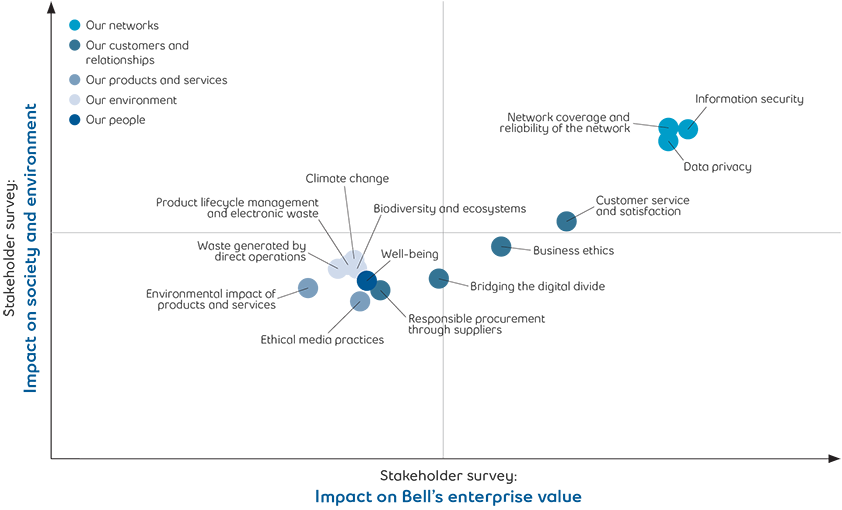
The chart is showing impact on society and environment versus impact on Bell's enterprise value, for fourteen topics. Results are generally linear, with values starting with lower impact to both to higher impact to both. Starting with lower impact and going in ascending order: environmental impact of products and services, ethical media practices, waste generated by direct operations, responsible procurement through suppliers, well-being, product lifecycle management and electronic waste, biodiversity and ecosystems, climate change and bridging the digital divide. Then we move to business ethics, which is still a moderate impact on society but just past the breakpoint of impact on Bell's enterprise value. Then finally, we move into the area of the chart with higher impact to both; with customer service and satisfaction at the bottom of the quadrant, and the last three topics perceived by stakeholders as having a higher impact, which are data privacy, network coverage and reliability of the network, and information security.
The results of the survey showed a strong alignment with our strategic imperatives and Bell for Better initiatives. We are considering repeating this exercise in the future to continue evaluating emerging trends that stakeholders believe create enterprise value and work to achieve BCE’s societal and environmental goals.
Collaborating for sustainability
Collaboration and partnerships are crucial for advancing environmental sustainability as they bring together diverse expertise, resources, and innovative solutions, benefiting society by fostering collective action towards a greener future.
BCE plays an active role in the development and sharing of innovative thinking that produces practical action. To help achieve this, we are members of forward-thinking groups that bring together leaders of the global business community.
United Nations Global Compact (UNGC)
We have been a signatory of the UNGC since 2006. The UNGC is a principles-based framework for businesses, stating 10 principles in the areas of human rights, labour, the environment and anti-corruption. It is the largest corporate sustainability initiative with participants and stakeholders in over 170 countriesfootnote 1.
Global Compact Network Canada (GCNC)
In 2013, we joined the GCNC, to collaborate on the 10 Principles of the UNGC. Through our membership in the GCNC, we regularly share best practices on the 10 Principles and the 17 United Nations Sustainable Development Goalsfootnote 2 with other members.
Global Enabling Sustainability Initiative (GeSI)
We are a member of GeSI, an international organization created by Information and Communications Technology (ICT) service providers and suppliers to advance sustainable development in the ICT sector. GeSI informs the public of its members’ voluntary actions to improve their sustainability performance and promotes technologies that foster sustainable development.
Canadian Business For Social Responsibility (CBSR)
CBSR is a not-for-profit professional association for sustainability and corporate responsibility leaders across Canada, championing business as a force for good. CBSR is part of the constellation that includes The GLOBE Series, Delphi Group, and Leading Change, a group of organizations with the goal of consolidating and accelerating corporate sustainability leadership in Canada.
ESG & CSR Board
We are a member of the ESG & CSR Board, a vendor-free community for leaders of ESG, social impact, and sustainability with more than 140 of the world’s largest companies. Led by expert advisors and professional facilitators, members get practical, actionable advice from an engaging network of supportive leaders.
Canadian Telecommunications Association (CTA)
We are a member of the CTA, an industry association representing a variety of wireless service providers. The CTA pioneered e-waste recycling initiatives in the country, which from 2009 to 2022, diverted close the 8 million cell phones from landfills via the Recycle My Cell initiativefootnote 3. It also implemented a nationwide wireless AMBER Alerts Program providing the public with immediate and up-to-date information in the event of a child abduction.
Global System for Mobile Communications (GSMA)
We are a member of GSMA, a global association uniting more than 750 operators with almost 400 companies in the broader mobile ecosystem. This includes handset and device makers, software companies, equipment providers, Internet companies and organizations in adjacent industry sectors. GSMA has different working groups striving toward common goals, including interconnection, fraud, security, circular economy and climate action.
Écotech Québec
In 2009, we joined Écotech Québec, which unites and aims to mobilize key Québec decision-makers in the clean technology (cleantech) sector around common goals and actions. The organization’s missions is to accelerate the development, commercialization and use of innovative clean technologies from Québec. It also aims to increase cohesion and synergy, which will allow the clean technology industry to develop to its full potential and promote innovation for a green and prosperous Québec. Through Écotech we support local innovation and leverage cleantech entrepreneurs to improve our environmental performance. Écotech Québec connects Bell to 21 leading cleantech clusters worldwide through the International Cleantech Network.
Conseil Patronal de l’Environnement du Québec (CPEQ)
Bell is a member of the CPEQ, a non-profit organization that promotes the concerns and contributions of Québec businesses to governments and other stakeholders in the environment and sustainable development sector. This includes sectoral business associations whose activities may have environmental impacts and who are therefore concerned with environmental and sustainable development issues. Their activities include representation, information monitoring, consultation and training.
Information Technology Association of Canada (ITAC)
We are a member of ITAC, whose mission is to identify and lead on issues that affect the Information and Communications Technology industry and to advocate for initiatives that will enable its continued growth and development.
North American Broadcasters Association (NABA)
Resilience & Risk Committee
The North American Broadcasters Association’s Resilience & Risk Committee works to help raise members’ awareness of the hazards and risks that impact the continuity of broadcasters business, the safety of their people and the successful recovery to business-as-usual in the event of a disruption. This sub-committee’s objective is to provide a framework and communication channel to enhance the identification and awareness of ESG-related topics concerning NABA members.
Rolling Green
Since 2023, Bell Media has proudly partnered with the Rolling Green program, managed by the Québec Film and Television Council (QFTC). This program helps productions reduce their ecological footprint and strengthen their environmental commitment.
2The 2030 Agenda for Sustainable Development, adopted by all United Nations Member States in 2015, provides a shared blueprint for peace and prosperity for people and the planet, now and into the future. At its heart are the 17 Sustainable Development Goals (SDGs), which are an urgent call for action by all countries - developed and developing - in a global partnership.

